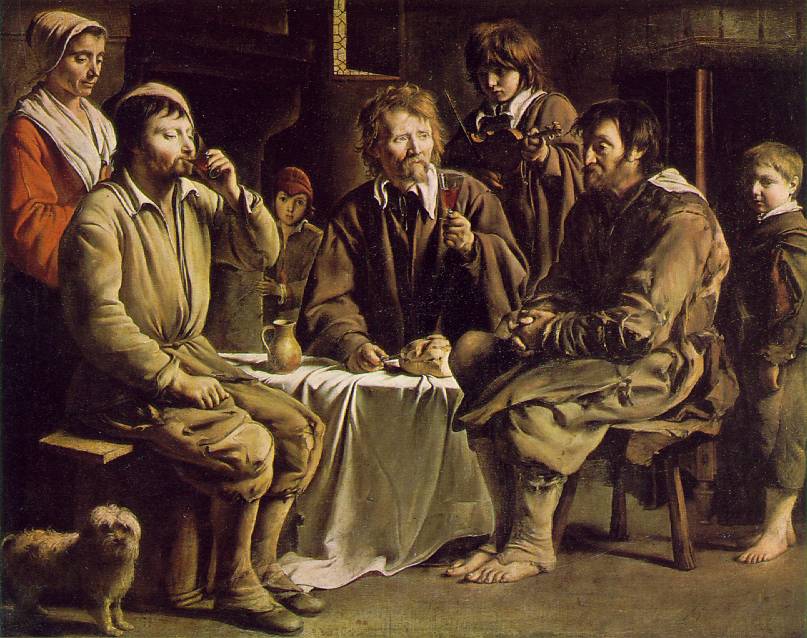 The Company of One Hundred Associates was established in 1627 by Cardinal Richelieu. It was a group of one hundred investors, which included many important officials of the French court as well as merchants and financiers whose purpose was to colonize and govern New France. Champlain is listed as an investor as well as an ancestor in the Cameron line, Pierre DesPortes.
The Company of One Hundred Associates was established in 1627 by Cardinal Richelieu. It was a group of one hundred investors, which included many important officials of the French court as well as merchants and financiers whose purpose was to colonize and govern New France. Champlain is listed as an investor as well as an ancestor in the Cameron line, Pierre DesPortes.
The give and take of the charter from the investors point of view:
provide transportation for all
provide sustenance for the settlers for the first three years
provide the settlers with enough cleared land for their support
provide each community with 3 Catholic priests
send 300 colonists per year beginning in 1628 and guaranteeing 4000 by the end of 1643
in return...
the association would be given the title to all the lands claimed by France in North America
receive a monopoly on all trade transactions except fisheries
would govern the settlements through the church.
The hundred investors signed on and anted up 3000 livres each.
Before the first group of settlers led by Robert Giffard could made it up the Saint Lawrence River in July of 1628, the British intercepted the French fleet of four ships. War had broken out with England in 1627. King Charles I of England had authorized the seizure of French shipping. David Kirke carried out the orders.
Laden with supplies, provisions and passengers, French Admiral Rocquemont understood his disadvantage -- he was poorly armed, his ships not easily maneuvered. Kirke knew it would be an easy victory. The inevitable clash ensued, Kirke confiscated as much as he could carry on his own fleet of ships, and allowed the passengers to return to France on two ships. Admiral Rocquemont was taken prisoner, to be released later.
The Company of 100 Associates lost 90% of its investment.
The project was now on hold. By 1631, the company had to find new investors willing to accept the risks.
By 1633, the game was on again. Giffard would gather up his recruits from Normandy and set sail in the spring of 1634.
A royal edict in 1663 dissolved the Company. In the end, the Company of 100 Associates took more than it gave.

Le repas de paysans by LeNain c. 1640
(a peasant meal)